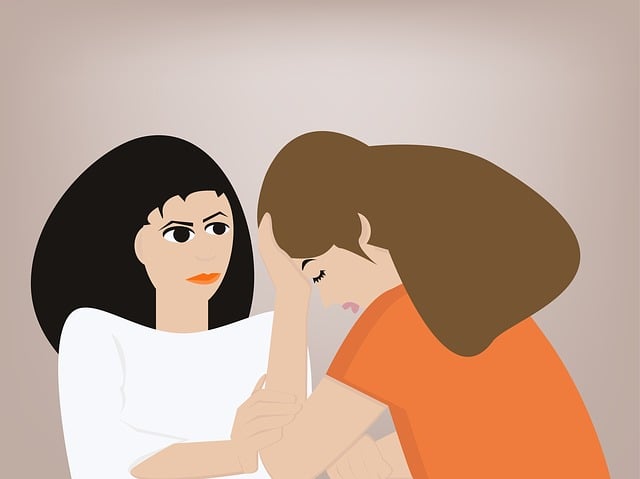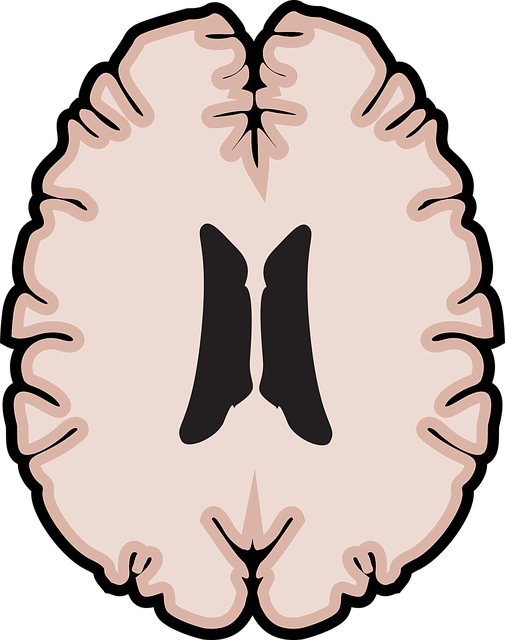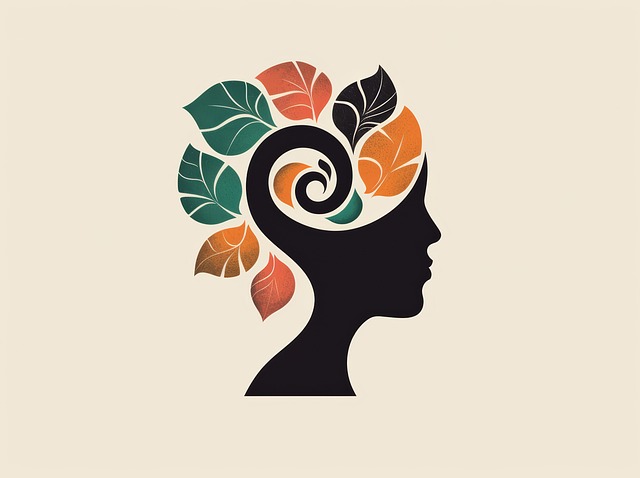Children who have experienced sexual abuse trauma require specialized Therapy for Children Sexual Abuse Survivor approaches to heal effectively. This includes understanding their unique expressions of loss through art or behavioral changes, employing play and art therapy, and empowering them with healthy coping mechanisms through self-awareness exercises. Early intervention is key in preventing long-term issues like chronic stress, anxiety, and depression. Through counseling, children gain safe spaces to process trauma, build resilience, and regain emotional stability, ensuring they can lead fulfilling lives.
Loss, grief, and bereavement counseling are vital tools for healing emotional wounds, especially for children and survivors of sexual abuse. This article explores the intricate relationship between these sensitive topics, offering insights from a child’s perspective. We delve into the impact of sexual abuse on emotional well-being and highlight counseling as an effective healing tool. Additionally, we provide strategies for therapists treating complex trauma and emphasize the importance of tailored therapy for children and sexual abuse survivors.
- Understanding Loss, Grief, and Bereavement: A Child's Perspective
- The Impact of Sexual Abuse on Emotional Well-being
- Counseling as a Healing Tool for Survivors
- Strategies for Effective Therapy in Treating Complex Trauma
Understanding Loss, Grief, and Bereavement: A Child's Perspective

Loss, grief, and bereavement are complex emotions that can deeply impact children, especially those who have experienced trauma like sexual abuse. Understanding a child’s perspective is crucial when addressing these issues through therapy. Children may struggle to process their feelings of loss, often expressing them in unique ways such as drawing pictures of the person they’ve lost or exhibiting behavioral changes. They might also internalize their grief, making it essential for therapists to create a safe and supportive environment where they feel comfortable sharing their experiences.
Therapy for children who are sexual abuse survivors requires specialized approaches tailored to their age and developmental stage. This can include techniques like play therapy or art therapy, which can help them work through their trauma and express themselves without the need for advanced language skills. Burnout prevention strategies for healthcare providers working with these cases are also vital to ensure they can offer consistent care. By promoting emotional well-being and integrating self-awareness exercises, therapists can empower children to develop coping mechanisms and enhance their overall resilience in the face of loss.
The Impact of Sexual Abuse on Emotional Well-being

The impact of sexual abuse on a child’s emotional well-being can be profound and long-lasting. Beyond the immediate physical trauma, survivors often grapple with complex emotions such as fear, shame, guilt, and confusion. These feelings can manifest in various ways, affecting their ability to form healthy relationships, trust others, and maintain emotional stability. Without proper support, the consequences can extend into adulthood, leading to chronic stress, anxiety disorders, depression, and difficulties in coping with life’s challenges.
Therapy for children sexual abuse survivors plays a crucial role in mitigating these impacts. Professional counseling offers safe spaces where survivors can process their experiences, express their emotions, and begin to heal. Through evidence-based approaches tailored to their age and developmental stage, therapy focuses on building resilience, fostering inner strength development, and implementing stress reduction methods. This supportive environment encourages the survivor to develop coping strategies that promote emotional well-being and enhance their overall quality of life.
Counseling as a Healing Tool for Survivors

Counseling offers a safe and supportive space for survivors of sexual abuse to process their trauma and work towards healing. For children who have experienced such devastating events, therapy becomes an indispensable tool for navigating their emotional landscape. Through skilled guidance, counselors help young survivors understand and express their feelings, fostering mental wellness and resilience. This therapeutic journey can transform their lives by providing them with the strength to overcome challenges.
In the case of sexual abuse, crisis intervention guidance is crucial. Counseling sessions may incorporate journaling exercises designed to promote self-reflection and mental wellness. These exercises encourage survivors to document their experiences, emotions, and thoughts in a private and controlled manner. By engaging in such activities, children can gain a deeper sense of control over their lives, which is essential for long-term recovery.
Strategies for Effective Therapy in Treating Complex Trauma

Loss, grief, and bereavement counseling plays a pivotal role in healing complex trauma stemming from events like children sexual abuse. Effective therapy strategies for such survivors often involve a combination of techniques tailored to their unique needs. One powerful approach is trauma-focused cognitive-behavioral therapy (TF-CBT), which helps individuals process and reframe traumatic memories, reducing their impact over time. This method encourages the development of coping mechanisms and resilience, enabling survivors to regain a sense of control and security.
In addition to TF-CBT, incorporating mindfulness practices into therapy sessions can be transformative. Mindfulness techniques promote present-moment awareness, helping individuals disengage from intrusive thoughts and emotions associated with the trauma. By fostering a deeper connection with their inner selves, survivors can cultivate mental resilience, which is crucial for managing complex trauma. Mental health education programs designed to raise public awareness about these issues further contribute to the development of supportive communities, reinforcing the effectiveness of therapy and empowering individuals on their journey towards healing.
Loss, grief, and bereavement counseling are essential tools for healing, especially for children navigating complex trauma. As discussed, understanding these concepts from a child’s perspective is crucial in providing effective therapy for sexual abuse survivors. By employing strategies tailored to address the unique challenges faced by young individuals, counselors can foster resilience and promote emotional well-being. Through specialized care, survivors can find solace, process their experiences, and move towards a brighter future.














